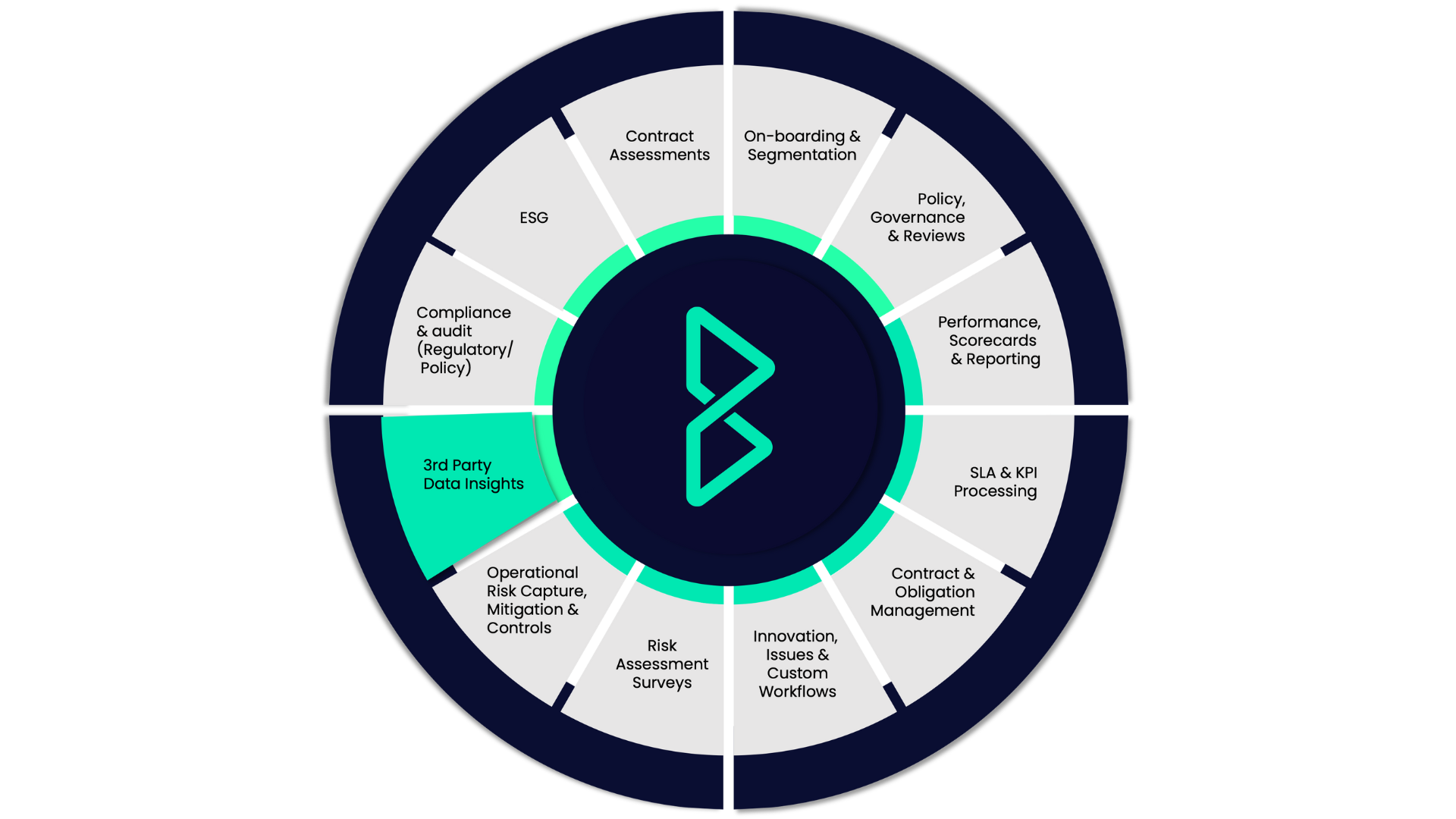
Navigating Uncertainty with Expertise: Risk Management Insights
Effective risk management is integral to the success of any business or investment venture. In this article, we delve into key insights and strategies that empower individuals and organizations to navigate uncertainty with expertise.
Understanding the Essence of Risk Management
Risk management is a proactive approach to identifying, analyzing, and mitigating potential risks that could impact an organization or project. It involves assessing both internal and external factors that may pose threats, and developing strategies to minimize the negative impact of these uncertainties. A comprehensive understanding of risk is the foundation for creating a resilient and sustainable framework.
Identifying and Assessing Risks
The first step in effective risk management is the identification and assessment of potential risks. This involves a systematic analysis of internal and external factors that could impact the achievement of objectives. Risks can be categorized as financial, operational, strategic, compliance-related, or reputational. A thorough risk assessment lays the groundwork for developing targeted mitigation strategies.
Developing a Robust Risk Management Plan
Armed with insights from risk identification and assessment, the next critical step is to develop a robust risk management plan. This plan should outline specific strategies and actions to address identified risks. It may involve implementing preventive measures, establishing contingency plans, and regularly reviewing and updating risk management protocols to adapt to changing circumstances.
The Role of Technology in Risk Management
In the contemporary business landscape, technology plays a pivotal role in enhancing risk management capabilities. Data analytics, artificial intelligence, and machine learning empower organizations to analyze vast datasets, identify patterns, and predict potential risks. Leveraging technology provides real-time insights, allowing for a more proactive and adaptive risk management approach.
Crisis Management and Contingency Planning
Even with robust risk management measures in place, unforeseen events can occur. Crisis management and contingency planning are essential components of a comprehensive risk management strategy. This involves preparing for and responding to crises effectively, minimizing the impact on operations and reputation. Having a well-defined crisis management plan adds an extra layer of resilience.
Communication Strategies in Risk Management
Transparent and effective communication is a crucial aspect of risk management. Keeping stakeholders informed about potential risks, mitigation strategies, and the overall risk landscape fosters trust and ensures a shared understanding of the organization’s risk profile. Open communication channels also facilitate swift responses in times of crisis.
Regular Monitoring and Evaluation
Risk management is an ongoing process that requires regular monitoring and evaluation. As the business environment evolves, new risks may emerge, and existing ones may change in nature. Continuous monitoring ensures that risk management strategies remain relevant and effective. Regular evaluations provide insights into the overall success of risk management efforts and help refine the approach.
Risk Culture and Employee Engagement
Creating a risk-aware culture within an organization is vital for effective risk management. This involves instilling a mindset of risk awareness among employees and fostering a culture where everyone understands their role in mitigating risks. Employee engagement in risk management contributes to a more comprehensive and agile approach to identifying and addressing potential threats.
Global Perspectives on Risk Management
Risk management is a global concern, with varying challenges and opportunities in different regions. Global perspectives on risk management take into account geopolitical factors, economic trends, and cultural nuances. Organizations operating in multiple regions must tailor their risk management strategies to align with the specific challenges of each market.
Embracing Risk as an Opportunity for Growth
While risk management primarily focuses on mitigating potential threats, it’s essential to recognize that well-managed risks can also present opportunities for growth. Organizations that embrace risk intelligently, identifying areas where calculated risks can lead to innovation and expansion, position themselves for sustainable success in a dynamic business environment.
To explore more about Risk Management Insights, visit 800support.org. By combining expertise, technology, and a proactive mindset, individuals and organizations can navigate uncertainty with resilience and turn challenges into opportunities for growth.





